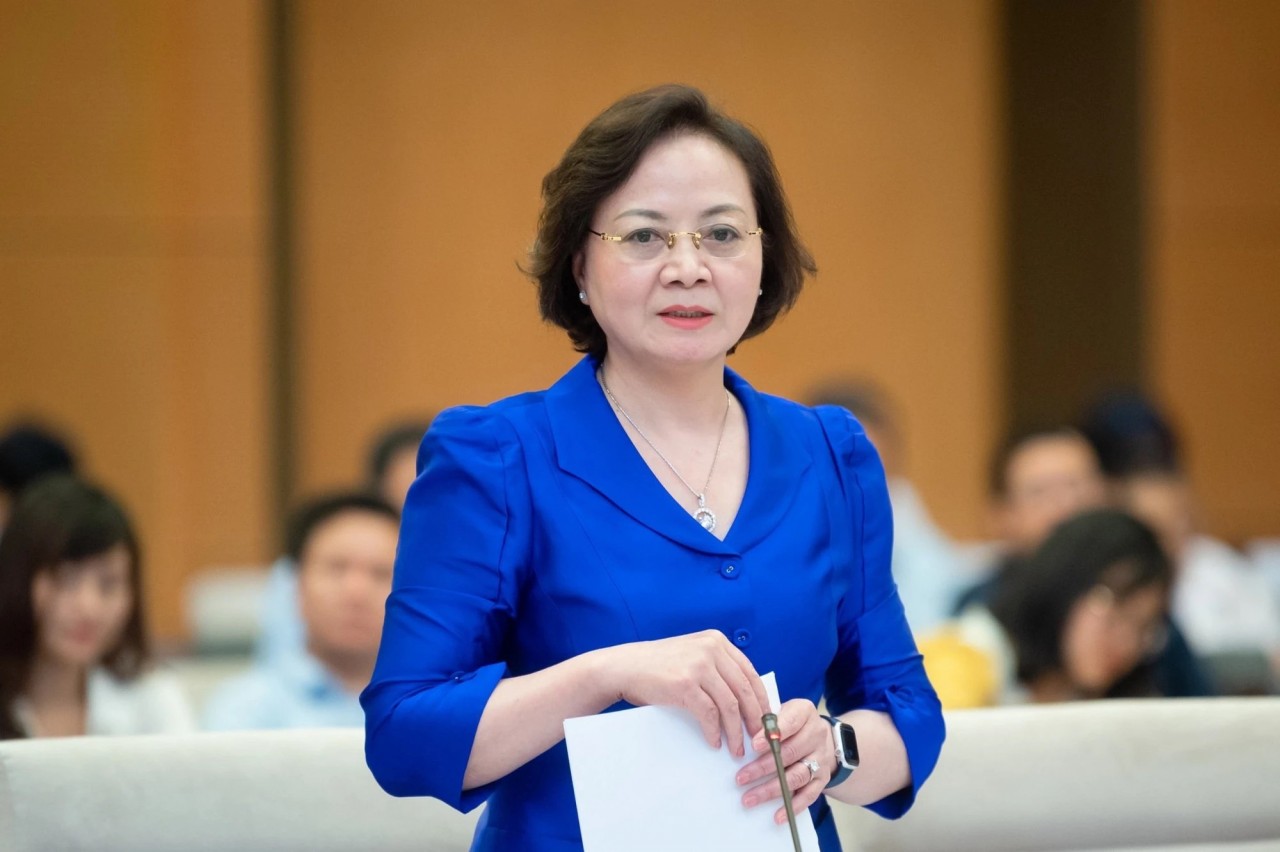 |
| Minister of Home Affairs Phan Thi Thanh Tra reported to the National Assembly at the 6th session on the results and roadmap for reforming salary policies for cadres, civil servants, public employees, armed forces and employees in enterprises. (Source: Thanh Nien Newspaper) |
Minister of Home Affairs Pham Thi Thanh Tra has just sent a report to the National Assembly deputies to supplement and clarify a number of issues regarding the implementation of the 14th National Assembly's resolution on thematic supervision and questioning; the National Assembly's resolution on thematic supervision and questioning from the beginning of the 15th term to the end of the 4th session in the field of Home Affairs. Notably, the content on salary policy reform is noteworthy.
The Minister of Home Affairs said that, implementing Resolution No. 27-NQ/TW of the 7th Central Conference, Session XII (on reforming salary policy for cadres, civil servants, public employees, armed forces and employees in enterprises), the Government has reported to the Government Party Committee to report to the Central Executive Committee and the National Assembly on the results and roadmap for reforming salary policy for cadres, civil servants, public employees, armed forces and employees in enterprises. From July 1, 2023, the basic salary has increased to 1.8 million VND/month (equivalent to an increase of 20.8%).
The advantage in implementing the current salary policy reform is that sufficient budget resources have been allocated to synchronously implement all 6 contents of the new salary regime according to Resolution No. 27; at the same time, ensuring that the lowest salary level of the public sector is equal to the average lowest salary level of the business sector. The lives of people receiving salaries and allowances from the state budget have been improved, limiting the situation of cadres, civil servants, and public employees quitting or transferring jobs from the public sector to the private sector.
Thereby, creating motivation to improve work quality, efficiency, public ethics, professional ethics; contributing to cleaning up and improving the effectiveness and efficiency of the political system.
In particular, since the implementation of Resolution No. 18-NQ/TW, 19-NQ/TW of the 6th Central Conference of the 12th tenure and Resolution No. 39-NQ/TW of the Politburo up to now, the state administrative apparatus at the central level has reduced 17 general departments and equivalent organizations; reduced 8 departments and 145 departments/committees under general departments and ministries; at the local level, 7 departments and 6 other administrative organizations under the provincial People's Committees have been reduced; 2,572 department-level organizations and the civil servant payroll has been reduced by 10.01%, the payroll of public employees receiving salaries from the state budget has been reduced by 11.67%, which is the basis for creating resources to implement salary policy reform.
Minister Pham Thi Thanh Tra also mentioned some difficulties in the process of implementing salary policy reform. Resolution No. 27 has determined to reform salary policy from 2021, however, due to the difficult economic context of the world and Vietnam, especially the severe impact of the COVID-19 pandemic, it has led to difficulties in allocating state budget resources to implement this policy.
In addition, the construction and completion of the system of job positions for cadres, civil servants and public employees in the political system "is a fundamental solution with a premise for implementing salary reform" as a basis for building a new salary table that is still in the process of completion.
Effectively implementing the 6th Central Resolution of the 12th tenure and the innovation and reform projects in related sectors and fields is a very important task for synchronous reform of salary policy. However, there are still limitations such as: The Central Resolutions related to salary reform have not been promptly and synchronously institutionalized; the guidance on implementing the autonomy mechanism for public service units has not been timely and synchronous; the promotion of socialization of public service units to reduce the number of people receiving salaries from the state budget has not met the set requirements.
The implementation of transferring old salary to new salary for leaders is complicated because many old salary levels, ranks, and different job titles are classified into a new salary level... leading to some people being higher, some being lower (the difference must be kept to equal the current level).
Five main solutions to implement synchronous and timely salary policy reform from July 1, 2024 have been proposed by the Minister of Home Affairs, in which the first content is to submit to competent authorities for approval the list of job positions for cadres, civil servants and public employees in the political system from the central to communal level.
Next, focus on implementing the Resolution of the 6th Session of the 15th National Assembly on salary policy reform immediately after it is approved by the National Assembly. Implement financial solutions to create resources to ensure sustainable salary policy reform; develop regulations on the new salary management mechanism of the construction sector for consideration and decision by competent authorities.
Along with that, continue to streamline the organizational structure, reduce staff and reduce the number of people receiving salaries and allowances from the state budget; restructure the team of cadres, civil servants and public employees according to job positions, titles and leadership positions as a basis for implementing the new salary regime.
At the same time, promote information and propaganda work to create social consensus among sectors, levels, agencies, organizations and units in the political system on reforming wage policies; do not let the situation of taking advantage of wage increases to increase prices, causing market imbalance.
Accordingly, in 2024, after the competent authority approves the roadmap for salary policy reform and the specific contents of the new salary regime, the Ministry of Home Affairs will advise the Government to issue a decree on the new salary regime for subjects under the Government's authority; coordinate with the Central Organizing Committee to submit to the Secretariat to issue a decision on the new salary regime for the Party, Fatherland Front and socio-political organizations.
The Ministry of Home Affairs coordinates with the Delegation Working Committee to submit to the National Assembly Standing Committee a Resolution on the new salary regime for subjects under the management authority of the National Assembly and the National Assembly Standing Committee.
Examining the reform of salary policy, the National Assembly agencies assessed that salary reform has been actively implemented with many synchronous solutions, including many policies that pay attention to preschool and primary school teachers with salaries and salary allowances based on location or job assignment as for civil servants in general, and also enjoy other preferential regimes.
In addition to salary, preschool teachers also have preferential allowances, seniority allowances, attraction allowances, first-time allowances, one-time allowances when transferring jobs for teachers in remote, isolated, and disadvantaged areas...
However, the auditing agency also said that the salary reform has not yet ensured progress as required in Resolution 27; the salary of preschool and primary school teachers is still low compared to the general income level. The Ministry of Education and Training has proposed to increase the preferential allowance for preschool teachers by 10%, and for primary school teachers by 5%. The Government needs to direct relevant ministries and branches to soon issue this policy.
Source


![[Photo] Living witnesses of the country's liberation day present at the interactive exhibition of Nhan Dan Newspaper](https://vstatic.vietnam.vn/vietnam/resource/IMAGE/2025/4/27/b3cf6665ebe74183860512925b0b5519)
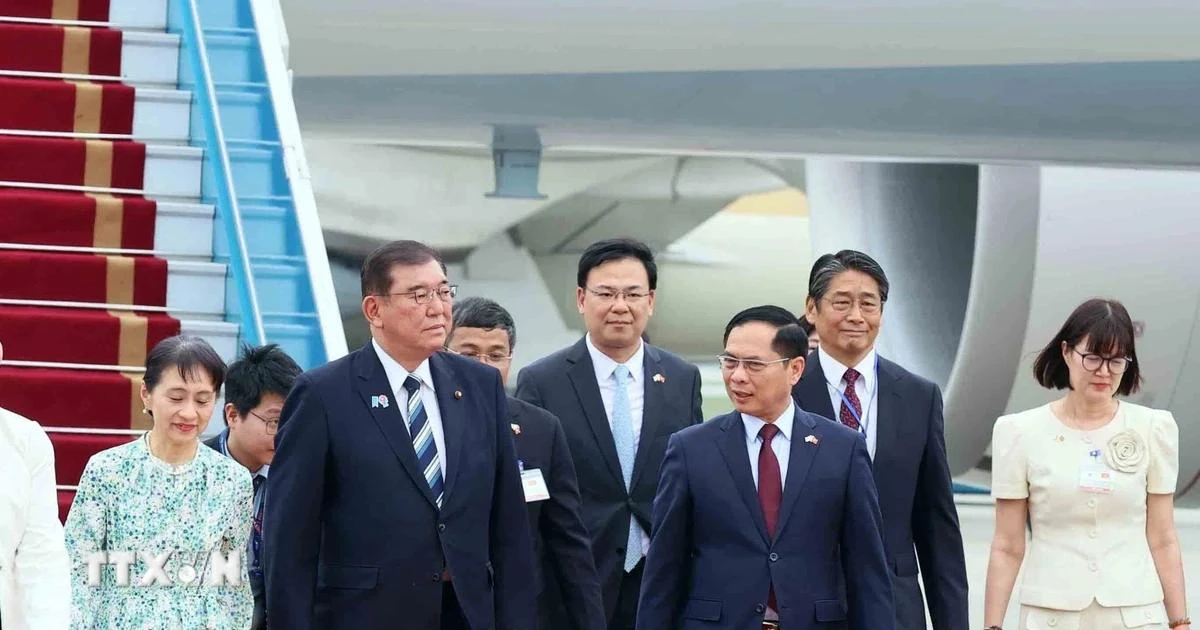
![[Photo] Fireworks light up Hanoi sky to celebrate national reunification day](https://vstatic.vietnam.vn/vietnam/resource/IMAGE/2025/4/28/5b4a75100b3e4b24903967615c3f3eac)
![[Photo] General Secretary To Lam receives Chairman of the Liberal Democratic Party, Japanese Prime Minister Ishiba Shigeru](https://vstatic.vietnam.vn/vietnam/resource/IMAGE/2025/4/27/63661d34e8234f578db06ab90b8b017e)
![[Photo] Japanese Prime Minister's wife visits Vietnamese Women's Museum](https://vstatic.vietnam.vn/vietnam/resource/IMAGE/2025/4/27/8160b8d7c7ba40eeb086553d8d4a8152)
![[Photo] General Secretary To Lam's wife and Japanese Prime Minister's wife make traditional green rice cakes together](https://vstatic.vietnam.vn/vietnam/resource/IMAGE/2025/4/27/7bcfbf97dd374eb0b888e9e234698a3b)


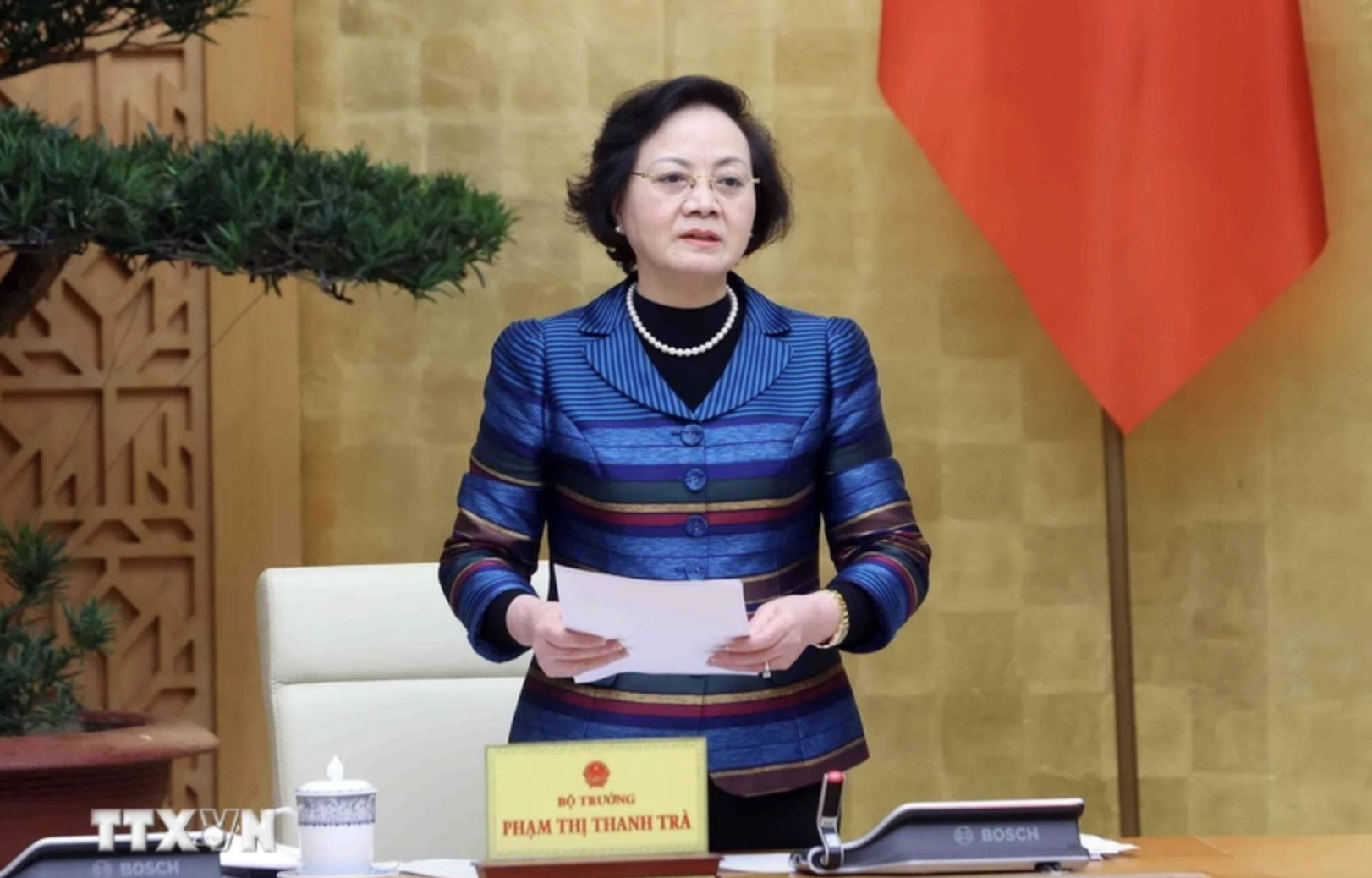

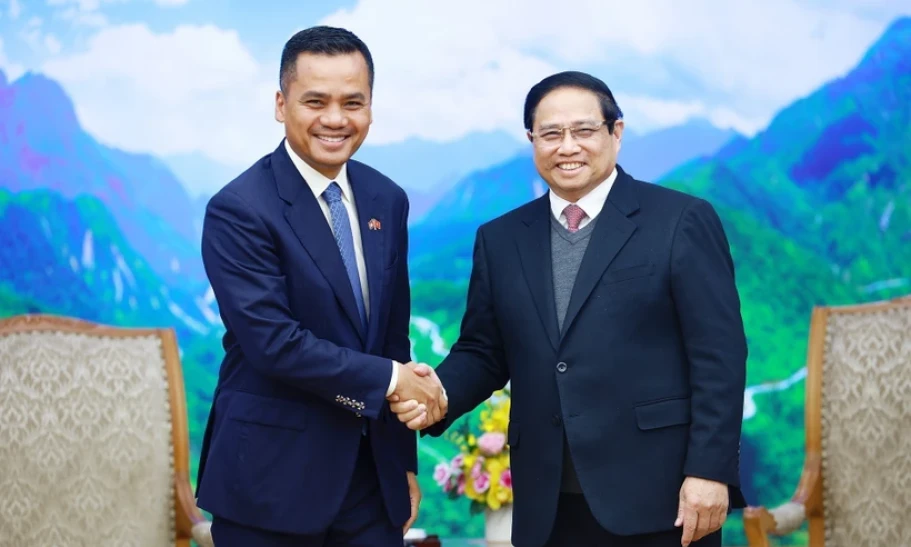

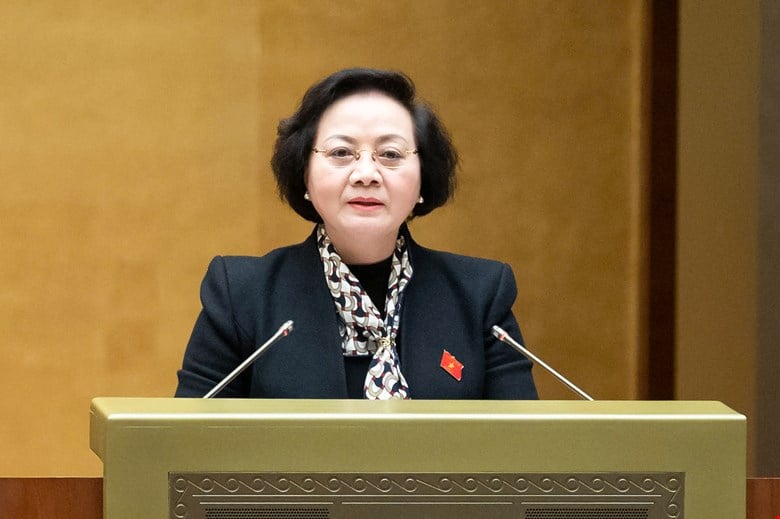






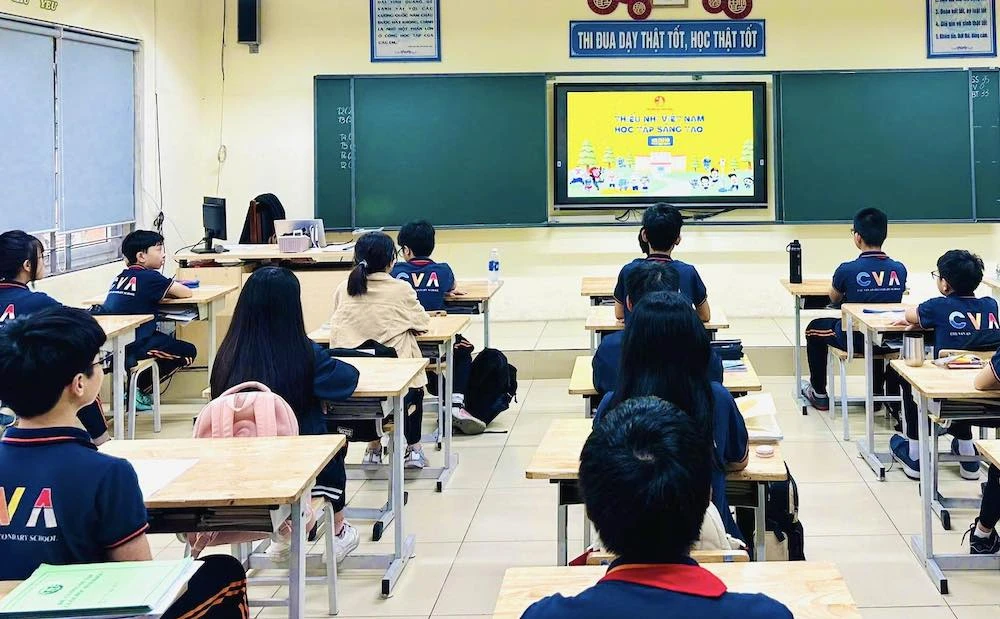







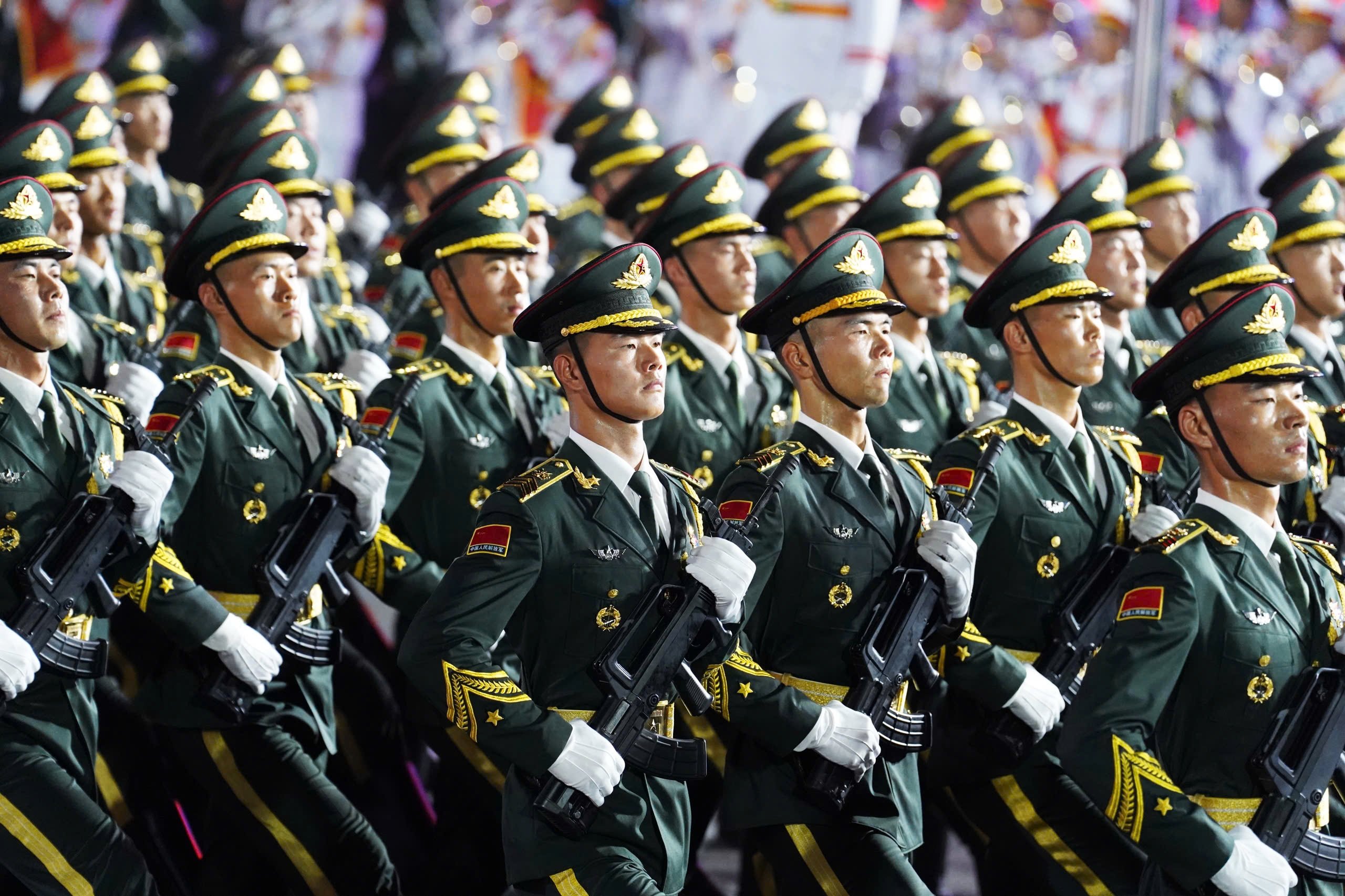

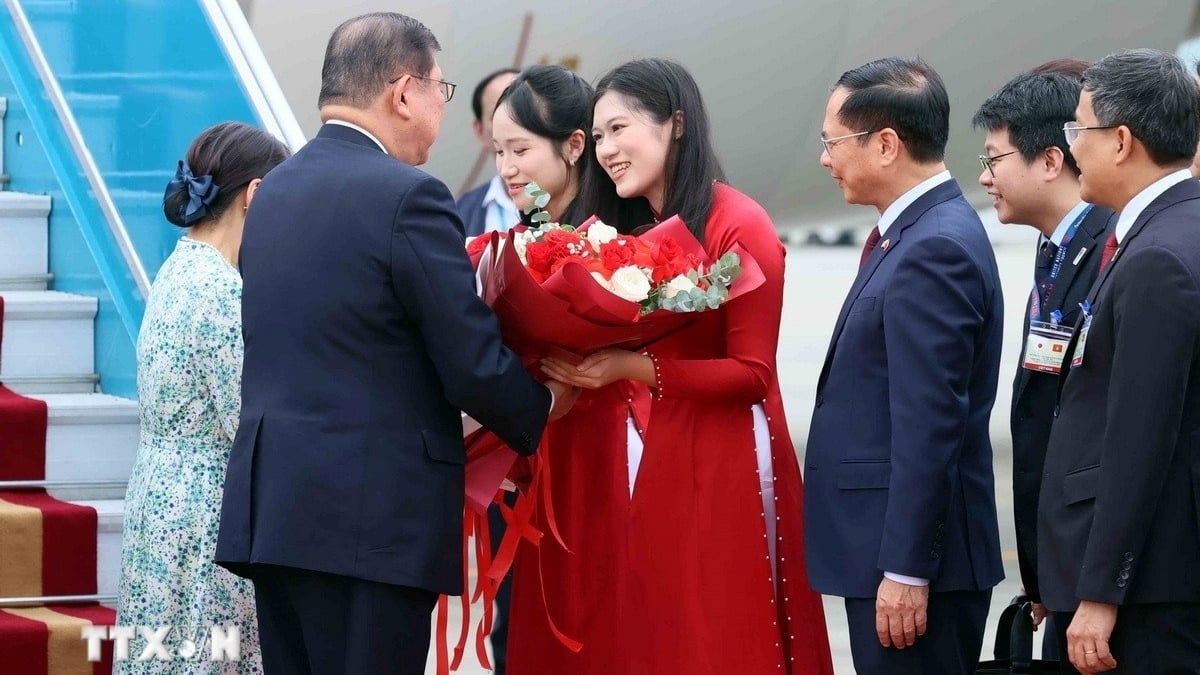

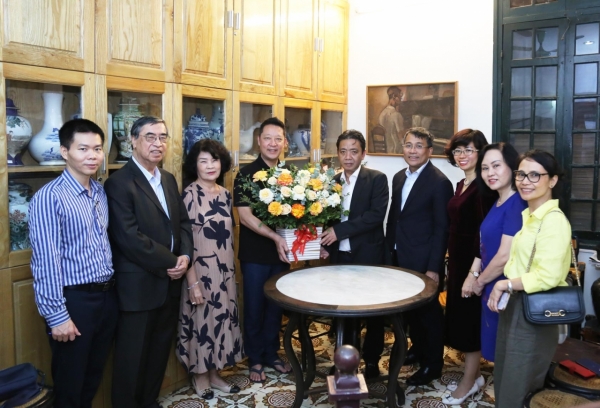















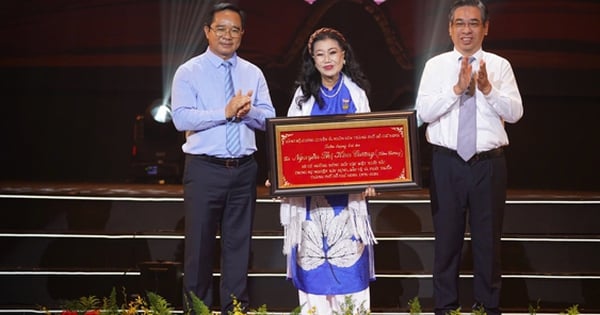











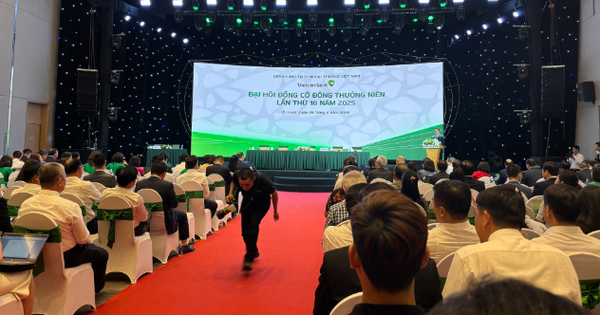





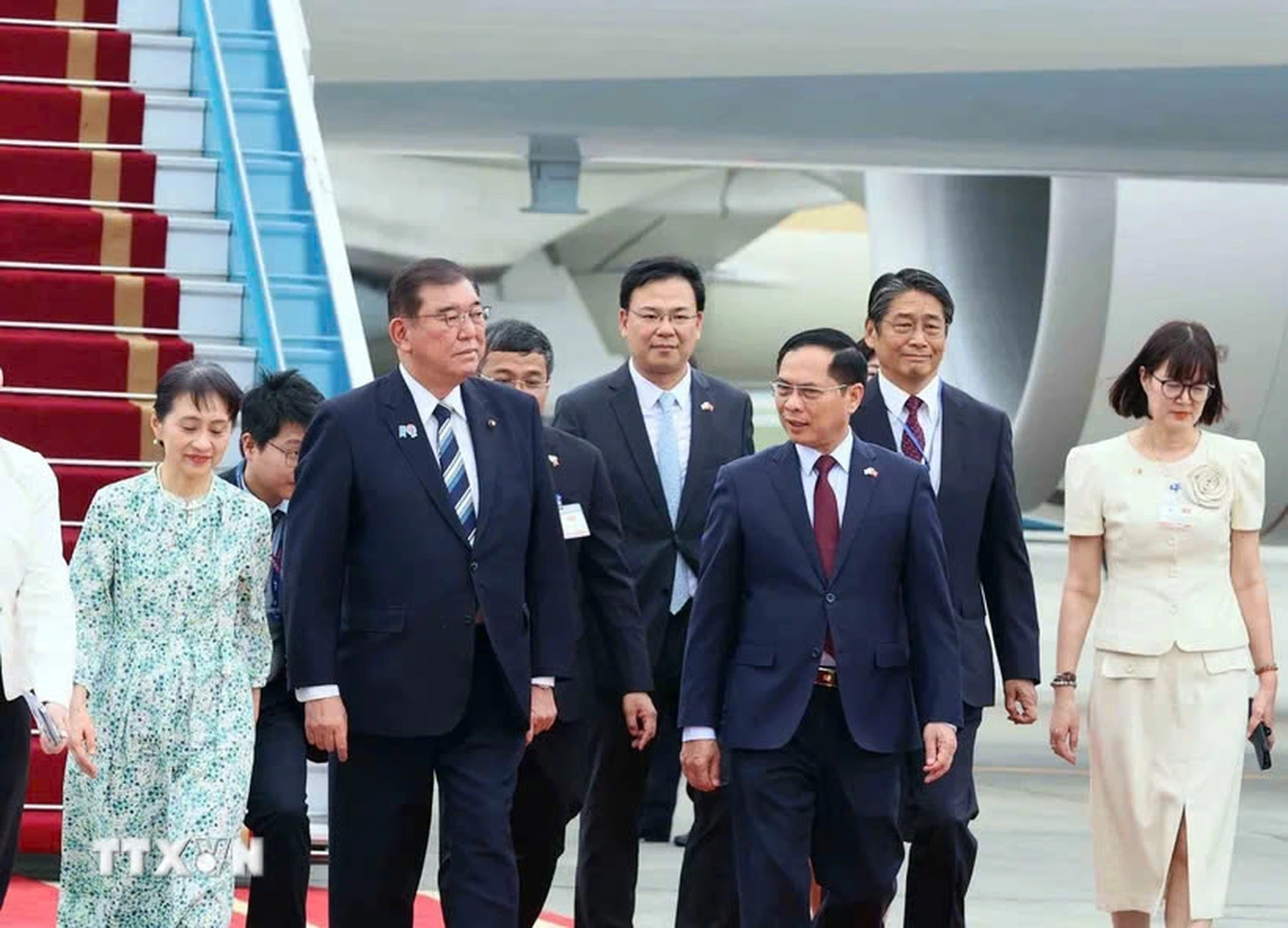
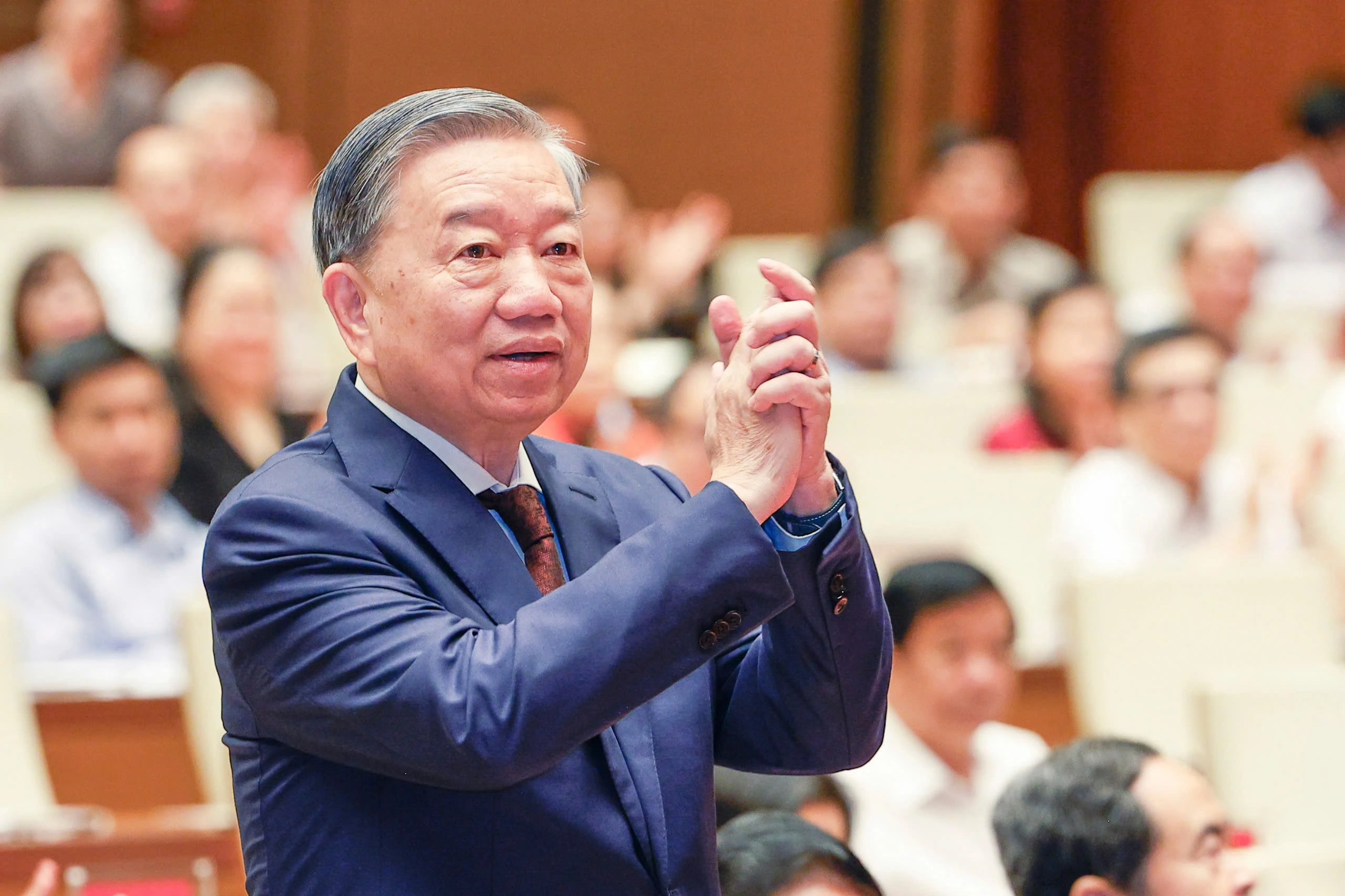






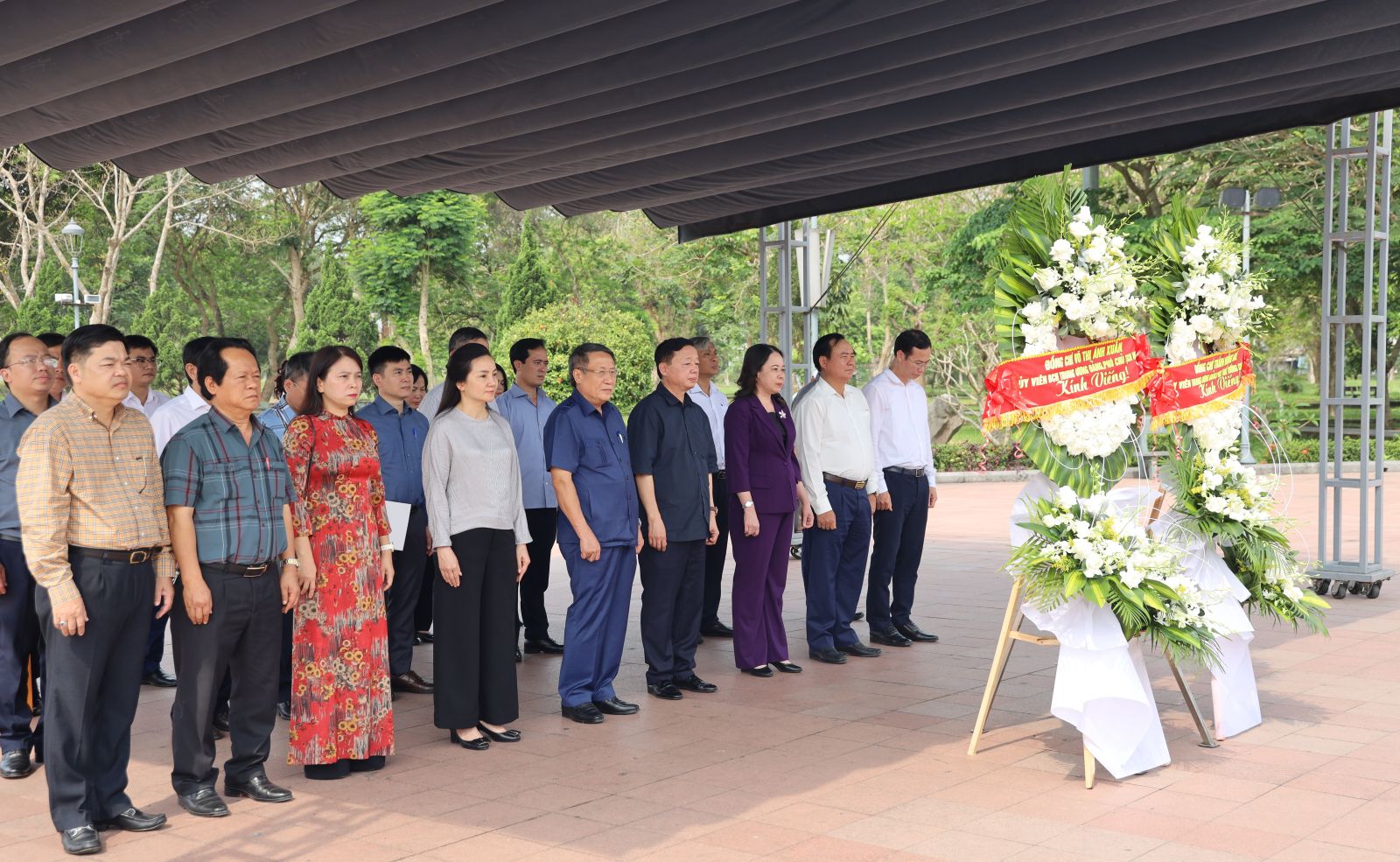

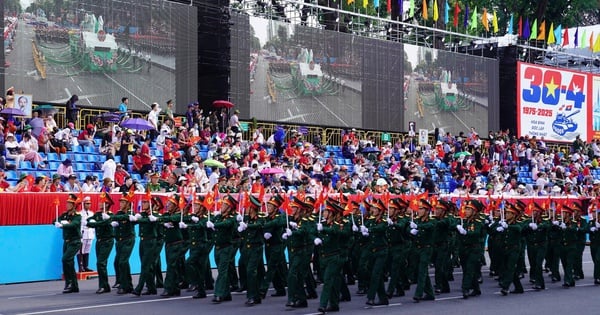



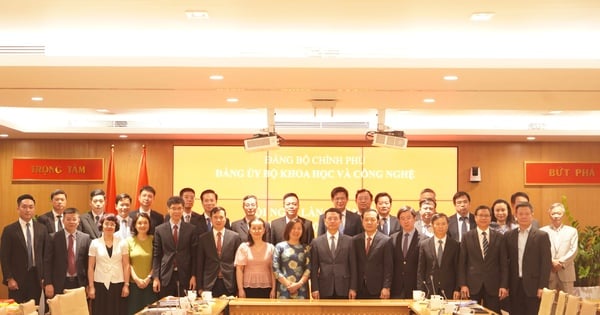













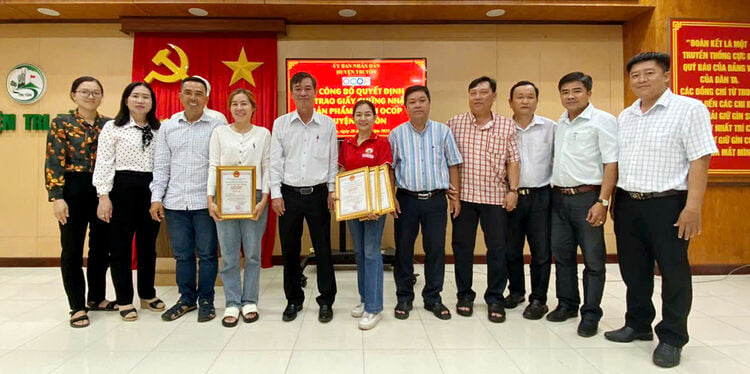

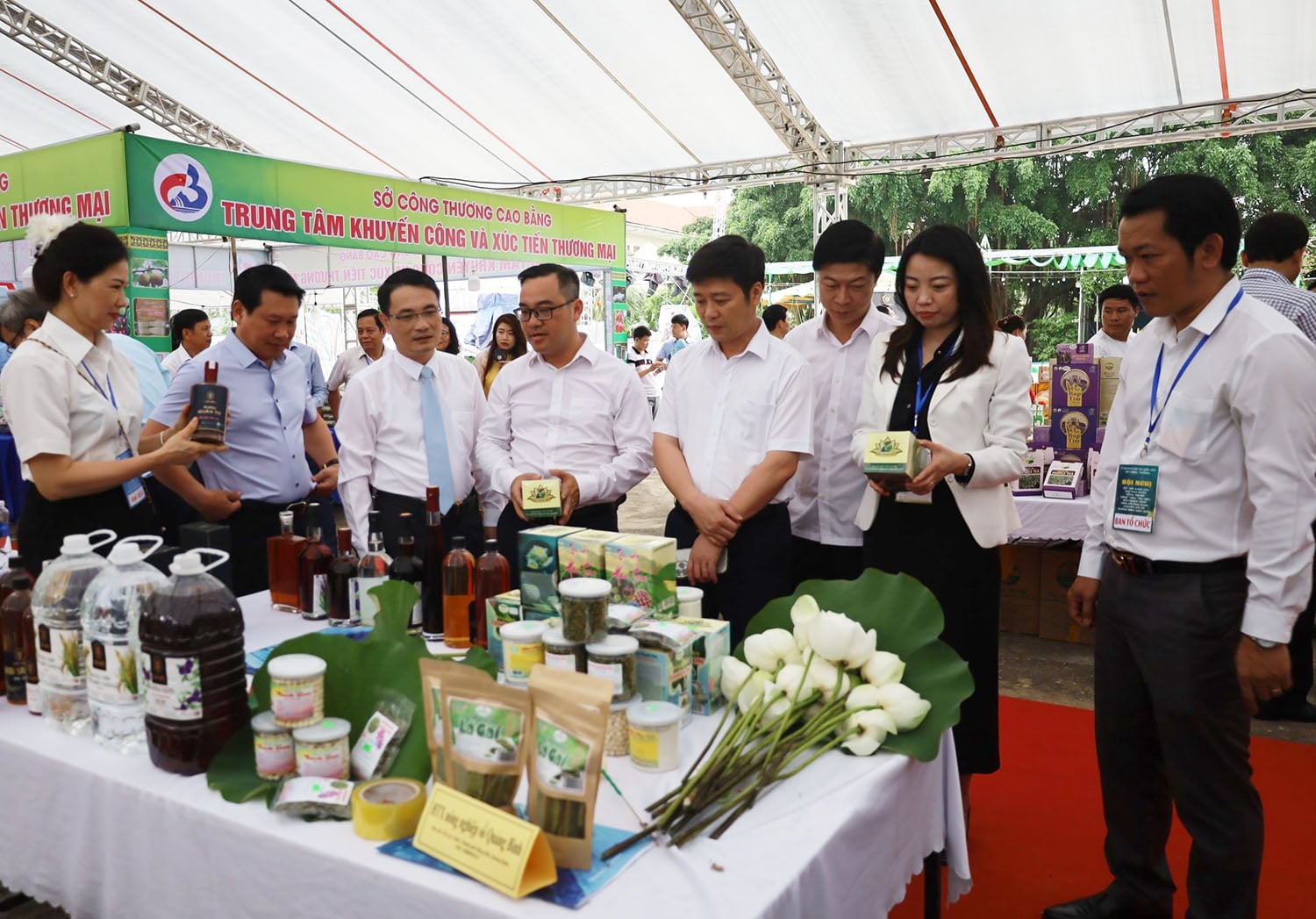



Comment (0)